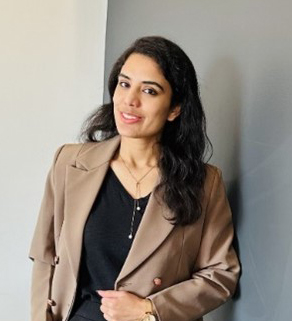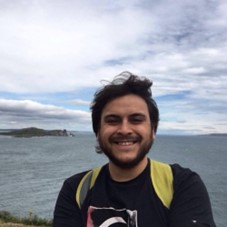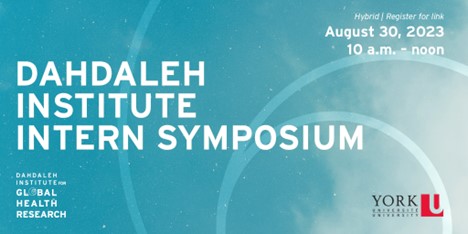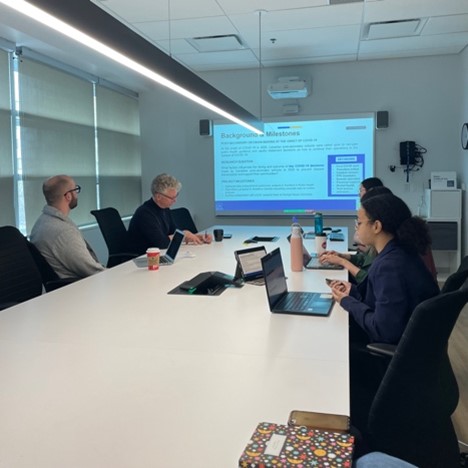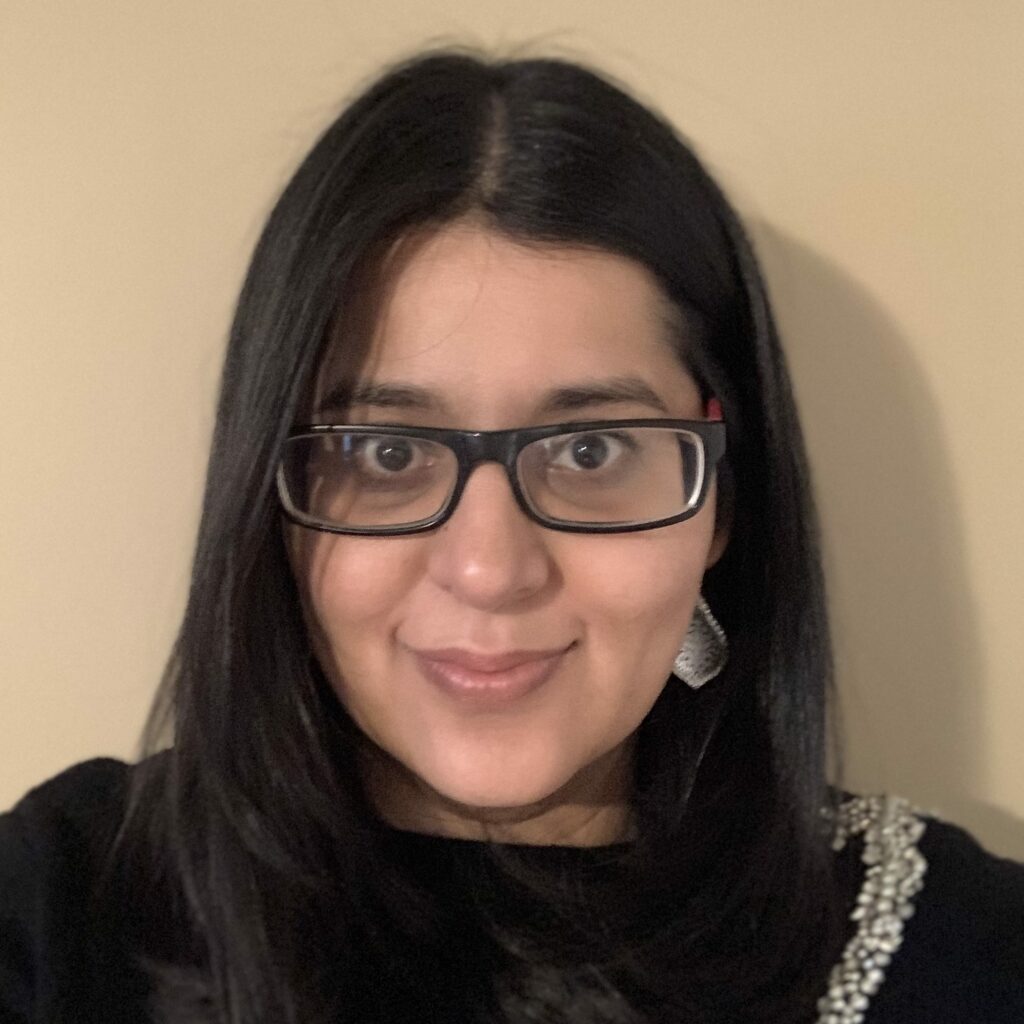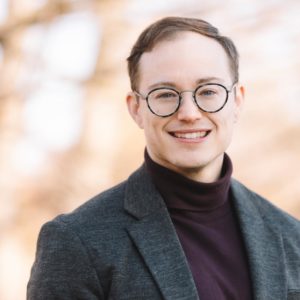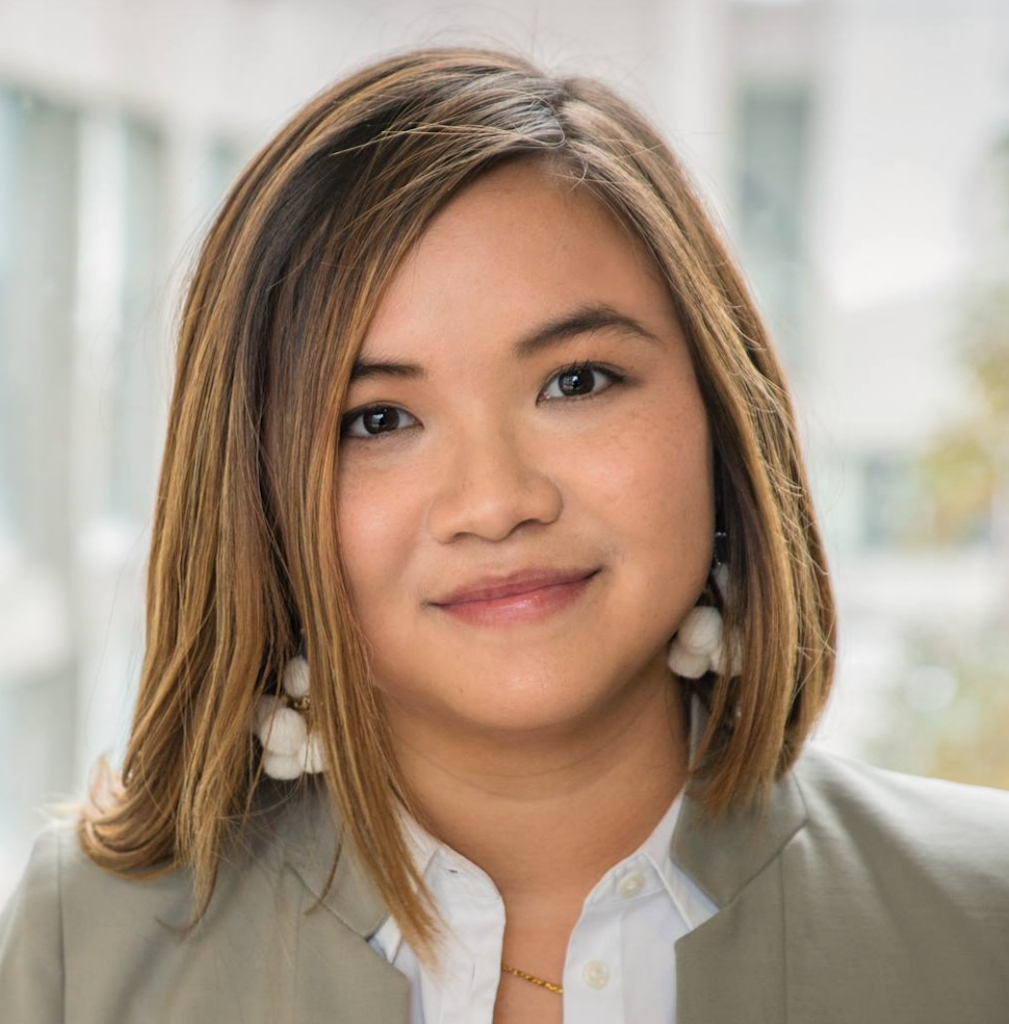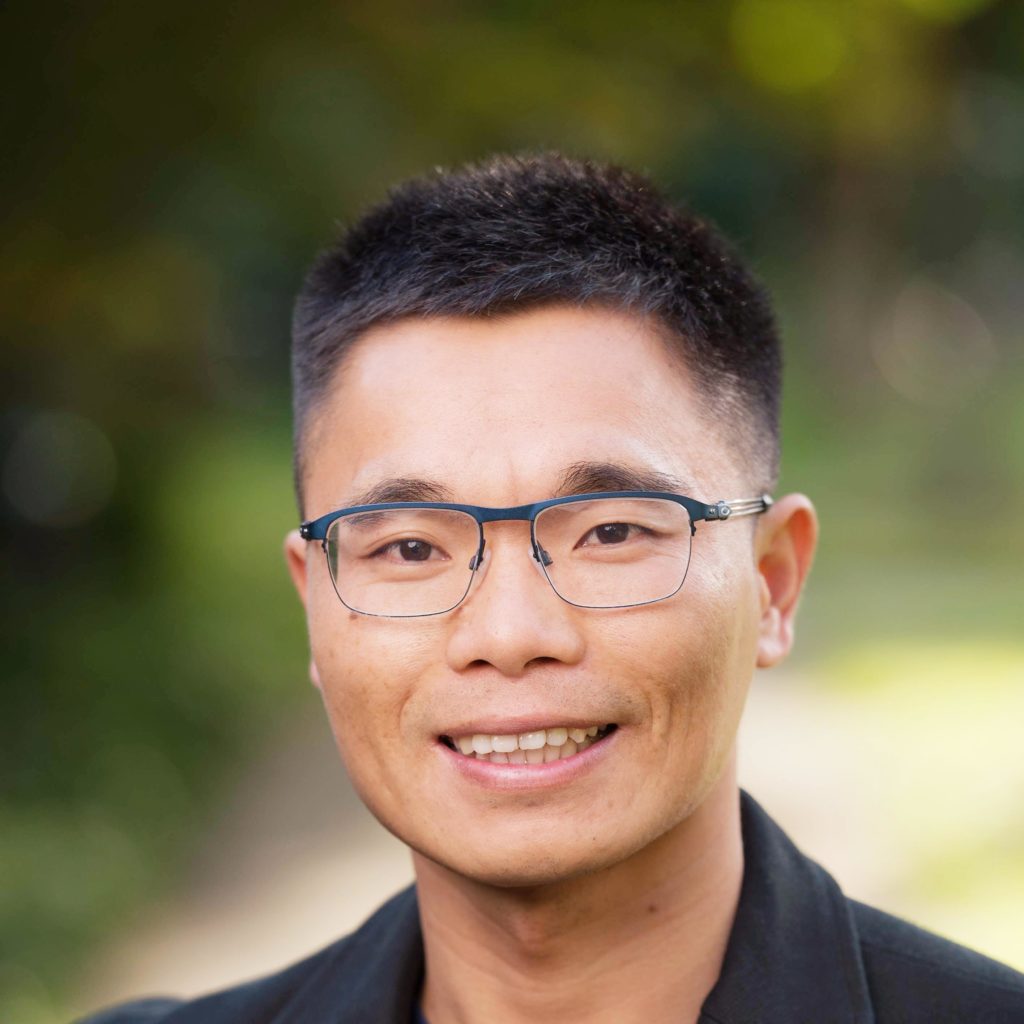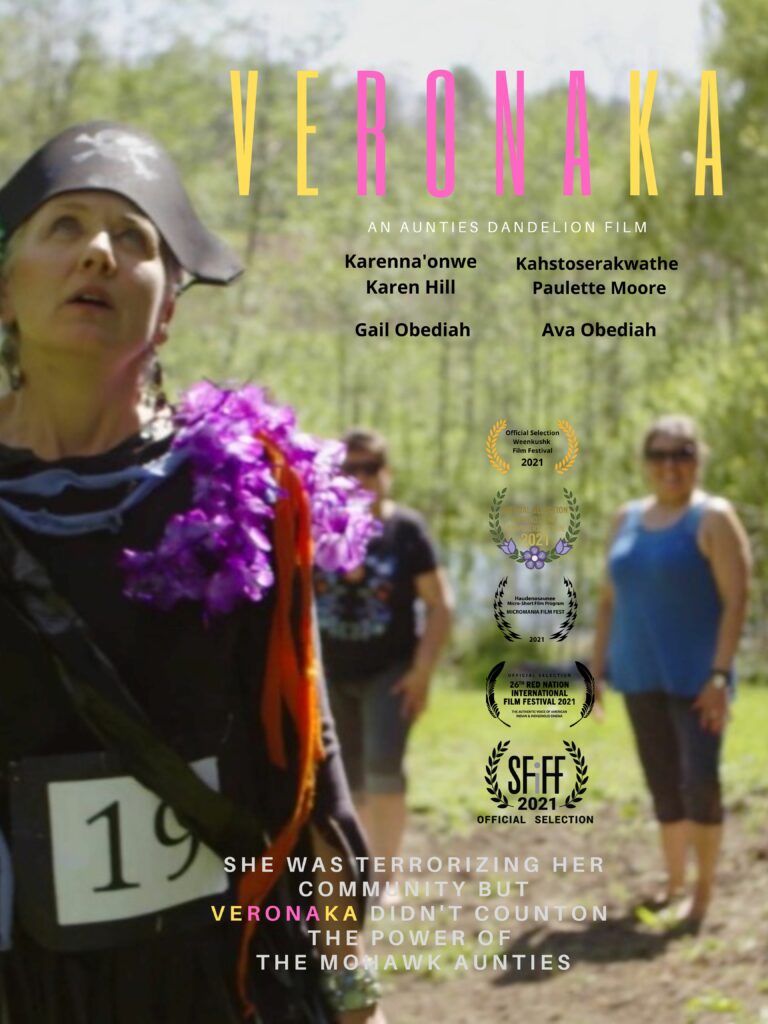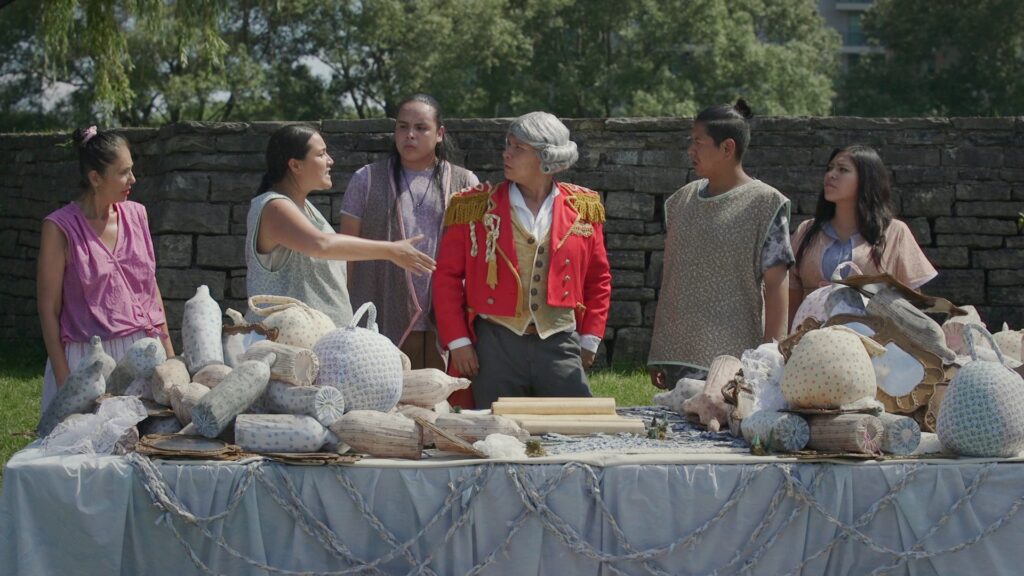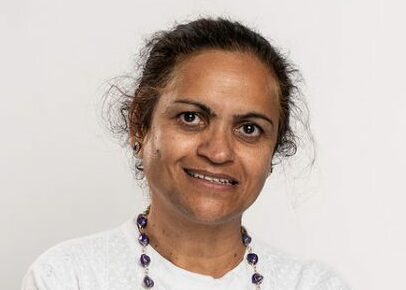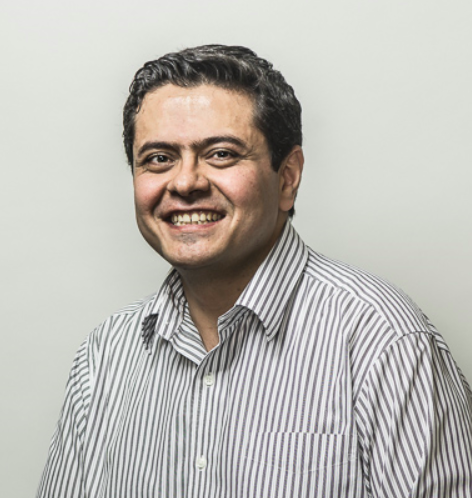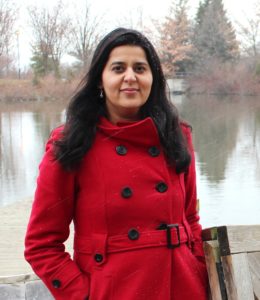A new engineering facility to develop innovative nanomaterials at York University is part of the latest round of research infrastructure projects to receive support from the Canada Foundation for Innovation (CFI) John R. Evans Leaders Fund (JELF), announced by the federal government earlier this week.
Reza Rizvi, an assistant professor of mechanical engineering at the Lassonde School of Engineering, will oversee the facility alongside co-principal investigators Stephanie Gora, an assistant professor of civil engineering, and Marina Freire-Gormaly, an assistant professor of mechanical engineering.

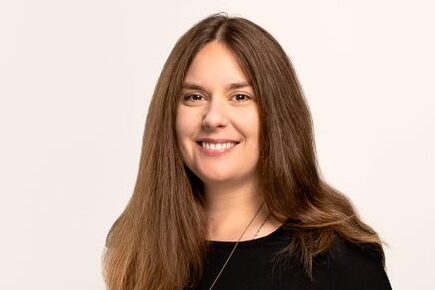
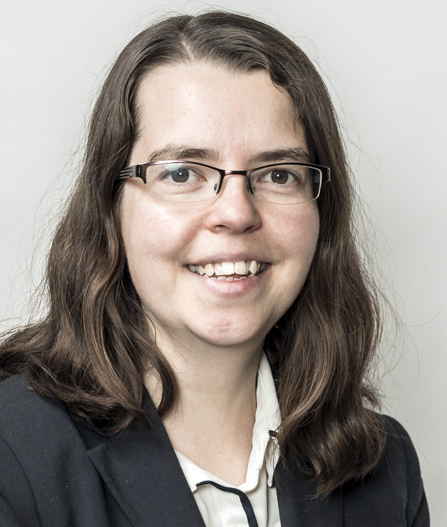
The JELF investment, totalling $138,585, will enable the York engineers to utilize cutting-edge scientific techniques and conduct the precise analysis needed to develop innovative nanomaterials that address energy and environmental challenges, like climate change, clean energy generation and storage, e-waste, and water treatment and monitoring. The project is titled “Infrastructure for Innovative Nanomaterials for Energy and Environment.”
“I am grateful for CFI’s investment in our applied research to create a more sustainable future for Canada and the world,” said Rizvi, who specializes in the scalable manufacturing of advanced materials. “Nanomaterials have a critical role to play in technological solutions that will help protect our planet.”
The facility will be housed in a shared lab space at Lassonde and will feature: a confocal Raman microscope (a Bruker Senterra II), a laser-based device that allows for microscopic examination; and an infrared spectrometer (Bruker Alpha II), an instrument used to measure light absorbed by a material sample. The facility will also be used to train highly-qualified personnel, including graduate students and postdoctoral Fellows.
“Every day, researchers dedicate their knowledge and skills to addressing issues that are important to Canadians, including improving the environment, health care and access to education. They contribute to a better future for all Canadians,” said Roseann O’Reilly Runte, president and CEO of CFI. “At the Canada Foundation for Innovation, we are proud to support their efforts with well-designed labs and necessary equipment placed in the communities and environments where they will be the most effectively employed.”
The nanotechnologies developed by Rizvi, Gora, Freire-Gormaly and their teams will advance several United Nations Sustainable Development Goals (SDGs), including: good health and well-being (SDG 3); clean water and sanitation (SDG 6); affordable and clean energy (SDG 7); industry, innovation and infrastructure (SDG 9); responsible consumption and production (SDG 12); and climate action (SDG 13).
Other JELF-funded projects at York
Three other York researchers also received funding: Shooka Karimpour, an assistant professor of civil engineering at Lassonde, for “Infrastructure for High-Definition Microplatic Detection (HD-MPD) and Identity Analysis” ($126,254); and Adeyemi Oludapo Olusola and Joshua Thienpoint, assistant professors in the Faculty of Environmental & Urban Change, for “Landscapes in Transition: Environmental Sensitivities Due to Climate Change” ($198,161).
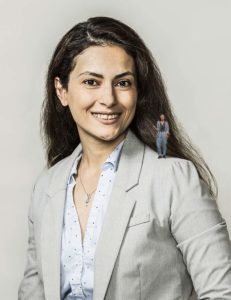
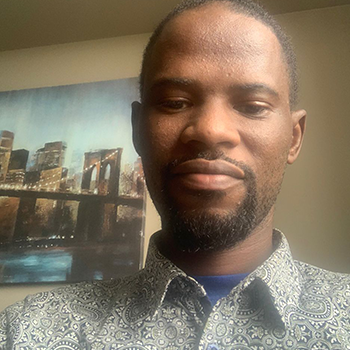
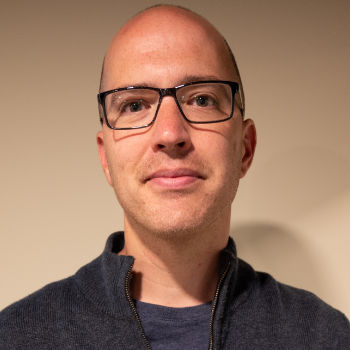
The York-led projects are among 396 research infrastructure projects to receive more than $113 million at 56 universities across Canada.
The CFI funding is part of a wave of recent investments made by the Government of Canada, supporting 4,700 researchers and research projects with more than $960 million in grants, scholarships and programs. “Through this funding, the Government of Canada is investing in the next generation of researchers and inspiring them to continue to think outside the box and tackle the challenges of today and tomorrow,” said François-Philippe Champagne, minister of innovation, science and industry.
For the full CFI announcement, visit innovation.ca/news/jelf-august-2023.




